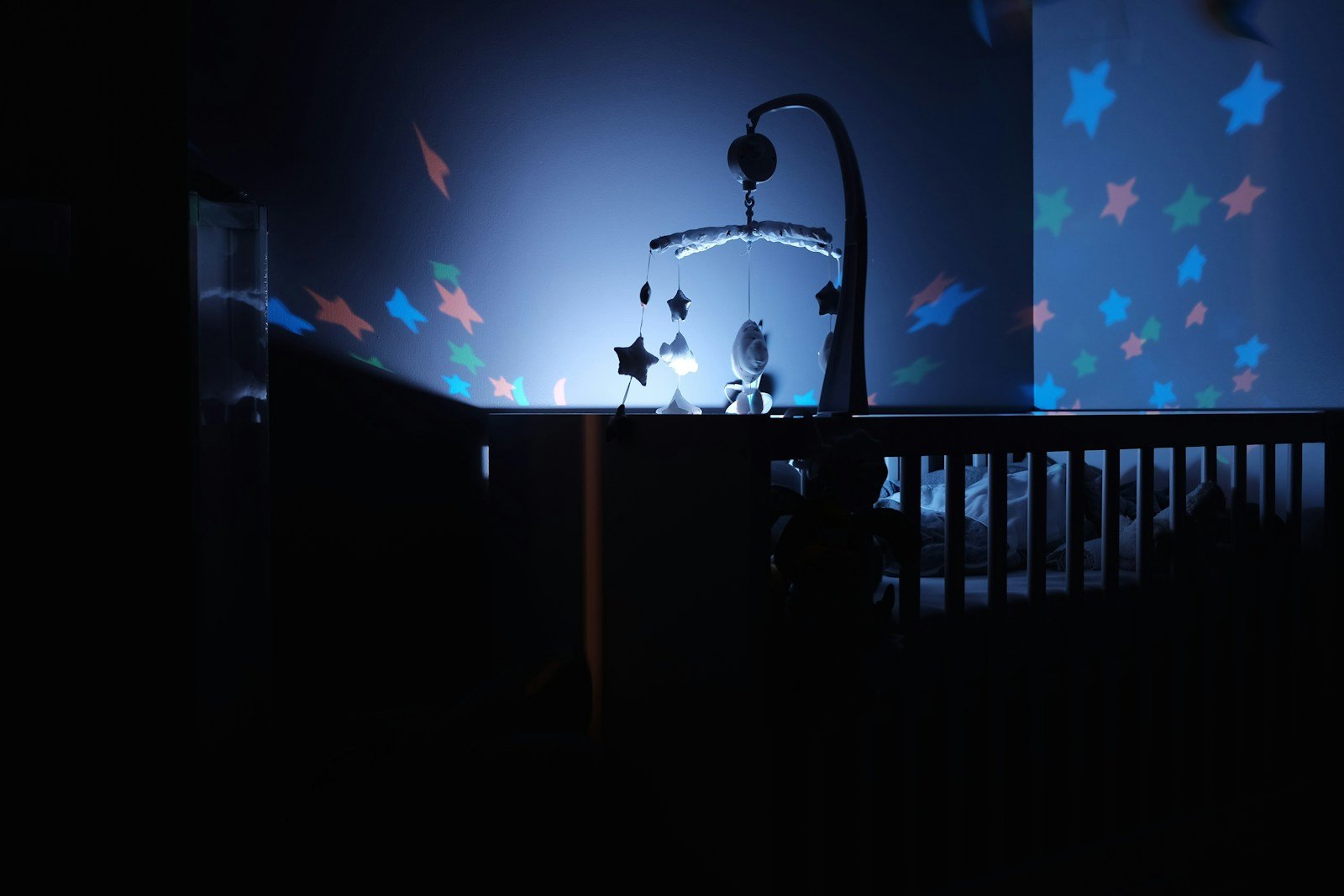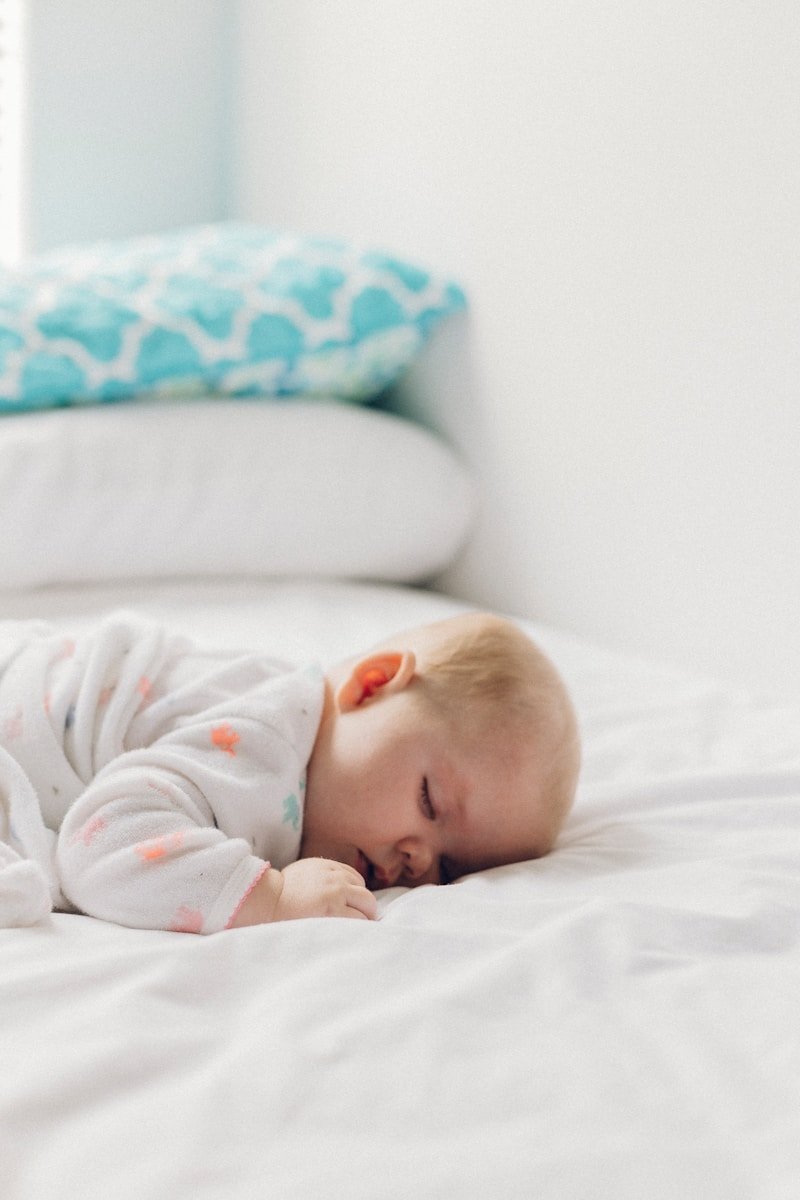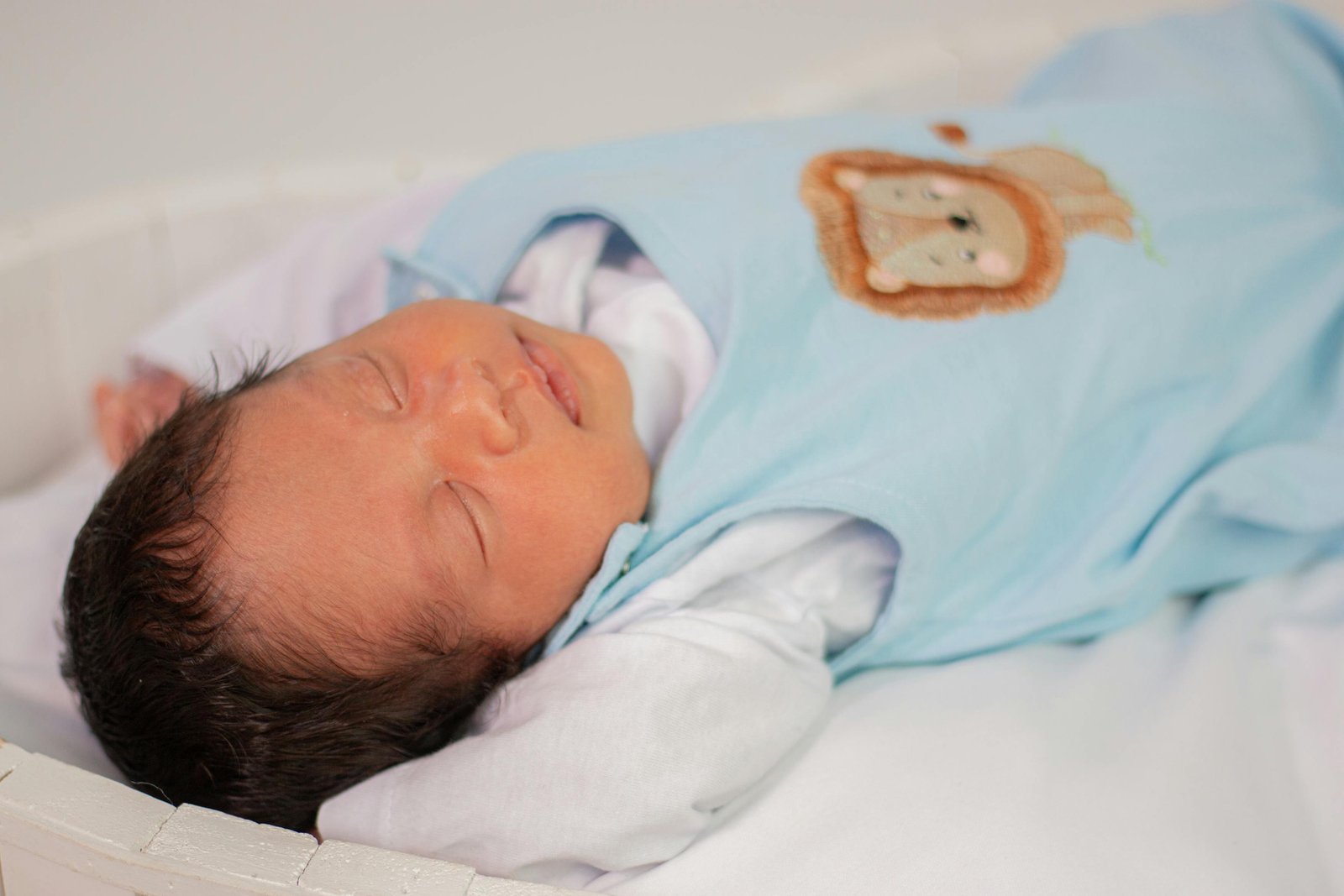10 Month Old Not Sleeping Through the Night: Tips for Restless Babies and Tired Parents
If your 10-month-old isn’t sleeping through the night, you’re definitely not alone. It’s actually super common at this stage. Babies wake up for all sorts of reasons, whether they’re busy learning to crawl, standing up, or just going through one of those infamous sleep regressions. Most 10-month-olds aren’t sleeping straight through, and it’s just part of how they grow.
You’re probably wondering if there’s anything you can do to help everyone get a bit more shut-eye. There are some things you can try, like sticking to a bedtime routine or letting your baby practice new skills during the day. You don’t have to go it alone, either. There are different sleep training methods and plenty of support out there if you want it.
Why Your 10 Month Old May Not Be Sleeping Through the Night
At 10 months, babies are busy soaking up new experiences, and that can really shake up their sleep. Learning to crawl or stand, waking up more often, or just needing you close by. Any of these can mean more nighttime wake-ups.
Developmental Milestones and Their Impact on Sleep
Around now, your baby’s probably trying to crawl, pull up, or maybe even take a few wobbly steps. All these big milestones can make it harder for them to wind down at bedtime. Their brains are basically in overdrive, practicing these new moves, even during naps and nighttime.
You might find your baby trying to crawl or stand in the crib when they should be sleeping. They’re restless, but who can blame them? Sometimes they wake up just to “practice.” It’s wild.
Try using nap times and bedtime as a chance to help your baby relax. Little rituals, like reading a short book or gentle rocking, can help signal that it’s time to sleep, even if your baby has other ideas.
Learn more about Baby Sleep.
Common Sleep Challenges at 10 Months
Many babies this age still wake up at least once at night. Some still need a feed, but plenty wake for comfort, not hunger. Sleep regressions can pop up between 8 and 10 months, which means more wake-ups than usual.
Other things can throw sleep off track:
- Short naps
- Trouble falling asleep without you
- Waking up way too early

Teething or getting over a cold can mess with sleep, too. A steady sleep schedule and routine usually help, but life happens. Travel, visitors, or just a rough week can set things back.
Separation Anxiety in Babies
Separation anxiety is a big deal around 10 months. Your baby might get upset when you leave, even if it’s just for a minute. That can make bedtime and naps a little more stressful for both of you.
Signs your baby’s dealing with separation anxiety:
- Crying when you leave the room
- Extra clingy behavior
- Trouble settling down unless you’re nearby
It’s a totally normal phase and usually gets easier as your baby grows. Keeping things calm at bedtime and offering comfort can help.
How to Encourage Better Sleep Habits
Getting your 10-month-old to sleep better usually comes down to a few simple changes. Evenings that are predictable and calm, plus a chance for your baby to settle on their own, can really help.
Establishing a Consistent Bedtime Routine
A regular bedtime routine helps your baby know when it’s time to sleep. Start with quiet stuff, like a bath or gentle play. After the bath, dim the lights and lower the noise. Maybe read a quick story or sing a lullaby. These little habits can make a big difference.
Try to do things in the same order every night. Babies love patterns. It makes bedtime less of a battle.
Aim for the same bedtime each night. A steady schedule helps your baby’s body learn when to sleep and when to wake up. Over time, this can mean longer stretches of rest for everyone.
Sample routine: bath -> pajamas -> feed -> brush teeth -> book/song -> bed.
Self Soothing Techniques for Babies
Teaching your baby to self-soothe is a game changer. Start by putting your baby down when they’re sleepy but still awake. That way, they learn to fall asleep in their crib, not in your arms.
If your baby fusses, give them a few minutes. Try not to pick them up right away. A gentle pat or a few quiet words can be enough. If your baby uses a pacifier, you can offer the pacifier. Don’t worry too much about weaning it off yet.
Using Soothing Techniques for Night Wakings
When your baby wakes at night, keep things as calm and boring as possible. Use a soft voice, keep the lights low, and don’t turn on anything bright. Only change or feed your baby if they really need it, and do it quietly.
If your baby cries, try soothing them while they’re still in the crib. Gentle touches or a soft shushing noise can help. Avoid playing or chatting too much. Otherwise, they might think it’s time to party.
The more you keep things calm and predictable, the more your baby will start to link these cues with going back to sleep.

Exploring Sleep Training Methods and Support
If your 10-month-old is up all night, you’re probably thinking about sleep training. Figuring out when to start, what method to use, and where to get help can make a big difference.
When to Consider Sleep Training
You might want to try sleep training if your baby wakes up a lot, needs help falling asleep, or seems cranky from not getting enough rest. Sleep training is usually fine after about 4 to 6 months, but 10 months is a pretty common time since babies can start to self-soothe.
Signs your baby might be ready: they’re healthy, eating well, and there haven’t been any big changes like illness or travel. It’s always smart to check with your pediatrician if you have concerns about your baby’s sleep or development.
Choosing Age-Appropriate Sleep Training Techniques
There are several ways to go about sleep training. Some parents use “cry it out,” where you let your baby fuss for set times before comforting them. Others prefer gentler options, like the Ferber method (timed check-ins) or the chair method (gradually moving farther from the crib each night).
Most experts agree: a calm, steady bedtime routine is key. At 10 months, your baby can learn to fall asleep without always needing to be fed, rocked, or held.
Working with a Sleep Consultant
If you’re out of ideas or just feeling stuck, a sleep consultant might help. These folks are trained to build custom sleep plans for families. They’ll look at your baby’s habits, your routine, and help you make changes step by step.
Consultants can suggest tweaks to your routine, give advice on handling regressions, and answer your questions. Many work online, which is handy.
Make sure any consultant you hire is qualified and follows recommendations from groups like the American Academy of Pediatrics. Don’t hesitate to ask about their experience and how they work. A good consultant will listen and tailor advice to your family.
Additional Factors Affecting Sleep at 10 Months
Lots of little things can affect whether your 10-month-old stays asleep. Sometimes it’s a comfort item, sometimes it’s just the room setup.
Night Feeding
It is encouraged to drop night feeding completely at this age. Healthy 10-month-olds are physically capable of going through the night without any feeding. In fact, night feeding might be preventing them from sleep through the night at this point.
There are different ways to drop the night feeding. If you are not comfortable going cold turkey, here are some gentler ways to try:
- If using a bottle, reduce 1 oz every night or every other night. When a bottle is reduced to the last oz, drop it the next night.
- Postpone feeding time by two or three hours every other night.
Environmental Factors That Influence Sleep
Noise, light, and temperature all play a role in your baby’s sleep. Sudden sounds, like a TV or noisy siblings, can wake a baby. Blackout curtains might help keep the room dark, especially in the early morning.
A room that’s too hot or cold can mess with sleep, too. Aim for 68–72°F (20–22°C). A calm, quiet space and a steady bedtime routine can help your baby feel safe and sleep longer.

Frequently Asked Questions
It’s normal for 10-month-olds to wake up at night—development, new skills, or changes in routine all play a part. Knowing what to expect (and what you can do) might make things a little easier.
What are common signs of sleep regression in a 10-month-old?
You might see more night wakings, trouble falling asleep, or shorter naps. Some babies get fussier or want extra comfort at night.
How can I soothe my 10-month-old back to sleep after night wakings?
Try gentle comfort, like patting or rubbing your baby’s back. Use a calm voice and keep lights low. Avoid picking up your baby unless they’re really upset or need something.
What sleep schedule is recommended for a 10-month-old baby?
Most babies this age get about 12 to 16 hours of sleep a day. That’s usually a long stretch at night (9 to 12 hours) and two naps—one in the morning, one in the afternoon.
Why does my 10-month-old wake up crying at night?
Night wakings can be caused by separation anxiety, teething, illness, or changes in routine. Sometimes, hitting a new milestone or growth spurt can throw sleep off, too.
What can I do to help my 10-month-old sleep through the night?
Try sticking to a regular bedtime routine, maybe read a story or sing a lullaby, whatever feels calming for both of you. Make the room cozy, dark, and as quiet as you can manage. It helps to keep naps and bedtime on a consistent schedule. If you’re still running into trouble, it might be worth checking in with your healthcare provider for some extra tips.






